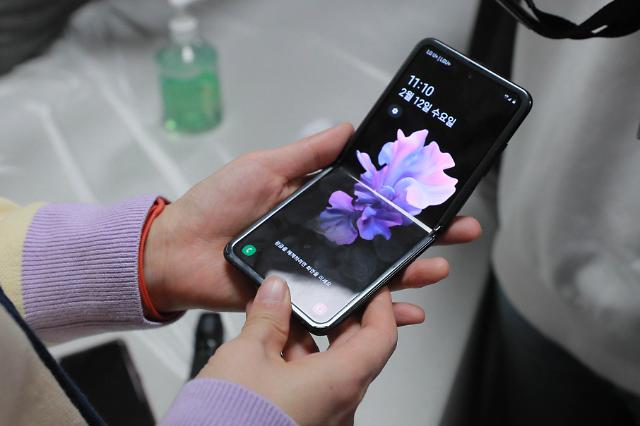
[Photograph by Yoo Dae-gil = dbeorlf123@ajunews.com]
For a true 5G ecosystem, technologies such as beamforming and massive Multiple Input and Multiple Output (MIMO) are critical for increasing spectral efficiencies and providing cost-effective, reliable coverage. Beamforming focuses power to desired users to form beams, expand coverage and increase speed
MIMO uses antennas at each end of the communications circuit. Massive MIMO is a system with a high number of antennas that makes it far more resistant to interference and intentional jamming than standard MIMO networks which use two or four antennas. The 5G era needs Massive MIMO’s ability to serve multiple users simultaneously in a condensed area while maintaining fast data rates and consistent performance.
Samsung said in a statement on Thursday that it would provide 5G new radio solutions, including Massive MIMO radios that are slim and light for easy installation. "We are excited to begin this collaboration with Spark, which is a big step in bringing the power of 5G to New Zealand," said Kim Woo-june, global sales and marketing head at Samsung's network business.
"One of the main reasons we selected Samsung was their 5G NR solutions which deliver enhanced network capability, high-quality connections, and state of the art technology," Rajesh Singh, general manager of Spark's value management, was quoted as saying.
Samsung has delivered 5G end-to-end solutions ranging from chipset, radio, and core to cloud platforms. Thanks to growing demands for 5G equipment and network solutions, Samsung's network business is expected to expand its presence in the global 5G equipment market. In September 2019, Samsung's equipment was selected for KDDI Corporation, a Japanese telecoms operator.
In January this year, Samsung acquired TeleWorld Solutions (TWS), an American network service company, in an effort to accelerate the expansion of 5G equipment and network infrastructure in the United States following the expulsion of China's Huawei, a major player in the global market for 5G equipment.
In May 2019, U.S. President Donald Trump issued an executive order barring American companies from engaging in businesses with anyone that is considered a national security threat. China's Huawei and its affiliates were put on America's trade blacklist that prohibits listed companies or people from buying parts and products from U.S. companies without approval.
Copyright ⓒ Aju Press All rights reserved.




